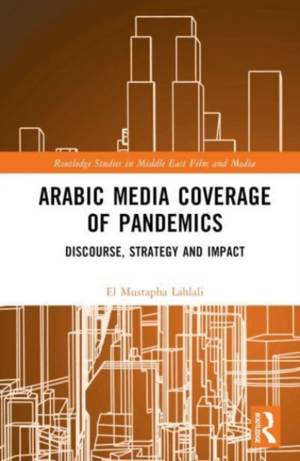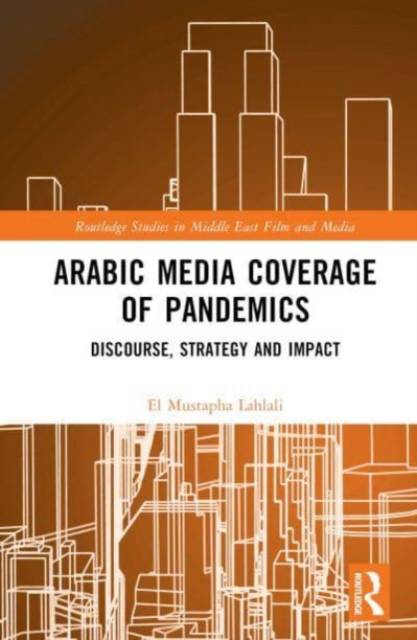
- Retrait gratuit dans votre magasin Club
- 7.000.000 titres dans notre catalogue
- Payer en toute sécurité
- Toujours un magasin près de chez vous
- Retrait gratuit dans votre magasin Club
- 7.000.0000 titres dans notre catalogue
- Payer en toute sécurité
- Toujours un magasin près de chez vous
Description
Focused on two networks, Al-Jazeera and BBC Arabic, this study provides an in-depth quantitative and qualitative analysis of different media strategies employed in the coverage of Covid-19.
The author draws primarily from Critical Discourse Analysis, supplemented by an analysis of corpora from both Al-Jazeera and BBC, comprising news items, documentaries and discussion shows. An array of key topics are examined for their language and lexis, including political leaders and governments, the public and victims of Covid-19. The two networks' coverage of these topics are closely compared and contrasted, with both employing strategies of exemplification, nominalisation, functionalisation, naming and labelling. The analysis shows that the two networks have displayed a solidarity discourse throughout the pandemic, emphasising the need to fight the disease. In addition, the networks have consistently stressed the gravity of the pandemic, urging adherence to local regulations. It is ultimately argued that examining the coverage of Covid-19 from a dialectical perspective will enable us to unravel the social, cultural, political, and ideological motives behind the production of pandemic media discourse.
The book will appeal to students and researchers in linguistics, media and communications, and Middle Eastern studies, as well as to general readers interested in conflict and pandemic response.
Spécifications
Parties prenantes
- Auteur(s) :
- Editeur:
Contenu
- Nombre de pages :
- 180
- Langue:
- Anglais
- Collection :
Caractéristiques
- EAN:
- 9781032354200
- Date de parution :
- 30-06-23
- Format:
- Livre relié
- Format numérique:
- Genaaid
- Dimensions :
- 156 mm x 234 mm
- Poids :
- 449 g

Les avis
Nous publions uniquement les avis qui respectent les conditions requises. Consultez nos conditions pour les avis.






